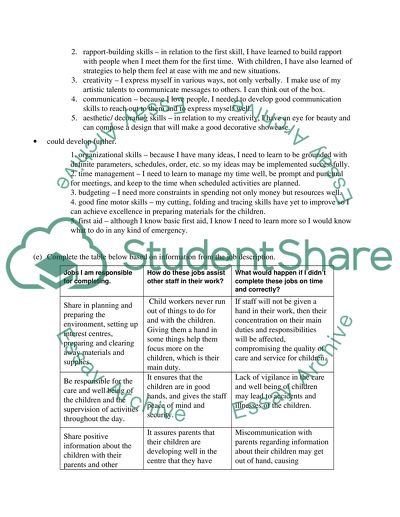Cite this document
(What It Takes to Be a Childcare Worker Assignment, n.d.)
What It Takes to Be a Childcare Worker Assignment. Retrieved from https://studentshare.org/social-science/1547913-participate-in-work-environment-childcare
What It Takes to Be a Childcare Worker Assignment. Retrieved from https://studentshare.org/social-science/1547913-participate-in-work-environment-childcare
(What It Takes to Be a Childcare Worker Assignment)
What It Takes to Be a Childcare Worker Assignment. https://studentshare.org/social-science/1547913-participate-in-work-environment-childcare.
What It Takes to Be a Childcare Worker Assignment. https://studentshare.org/social-science/1547913-participate-in-work-environment-childcare.
“What It Takes to Be a Childcare Worker Assignment”. https://studentshare.org/social-science/1547913-participate-in-work-environment-childcare.


